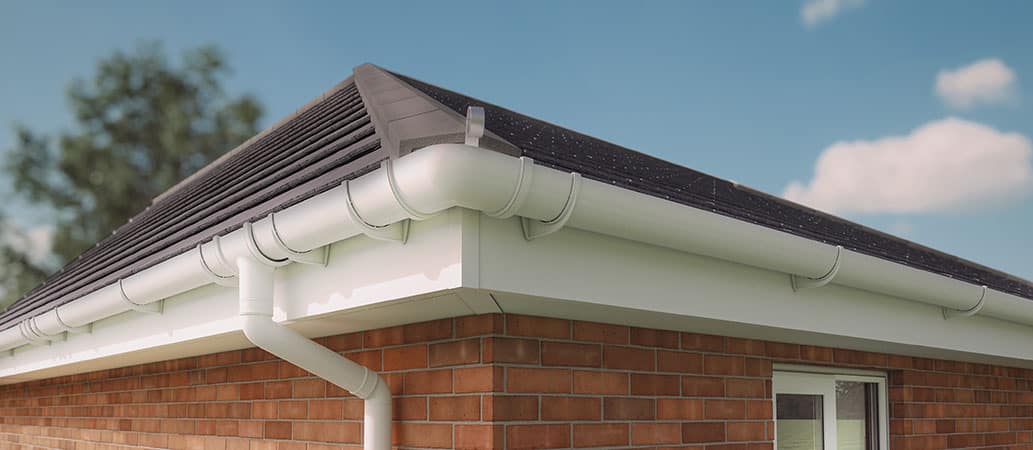
Fascia And Soffit Experts
Add a review FollowOverview
-
Founded Date July 8, 1904
-
Sectors Security
-
Viewed 28
Company Description
Expert Soffit Installation Tools To Make Your Everyday Lifethe Only Expert Soffit Installation Trick That Should Be Used By Everyone Know
Expert Soffit Installation: A Comprehensive Guide
Soffit installation is a crucial element of both brand-new building and home restoration projects. The soffit, which is the underside of a roof overhang, serves both a visual and practical function in a structure’s style. Correctly setting up soffits can boost curb appeal, protect the structural components of a roof, and enhance ventilation in attics. This short article intends to provide a thorough introduction of soffit installation, consisting of types, materials, professional methods, and often asked concerns.
Comprehending Soffits
What is a Soffit?
A soffit is the horizontal surface that can be discovered underneath the eaves of a home. Its primary function is to provide a completed appearance and cover exposed rafters or beams. Soffits can also play an important role in ventilation by allowing air to circulate in between the roofing system and the attic.
Kinds of Soffits
There are numerous types of soffit materials offered on the market, each with its own set of advantages and drawbacks.

Vinyl Soffits: Lightweight and low-maintenance, vinyl is resistant to moisture and supplies outstanding insulation.
Aluminum Soffits: Durable and rust-resistant, aluminum soffits are offered in various colors and do not require painting.
Wood Soffits: Offering a standard aesthetic, wood soffits can be painted or stained. Nevertheless, they need routine maintenance to prevent rot and pest damage.
Fiber Cement Soffits: This material is extremely resilient, offering resistance to wetness and bugs while resembling wood in look.
Soffit Installation: A Step-by-Step Guide
The following steps detail an expert technique to soffit installation:
1. Collect Necessary Tools and Materials
Before beginning installation, collect the following tools:
- Measuring tape
- Circular saw or miter saw
- Drill and screws
- Level
- Security goggles
- Respirator (for dust protection)
- Ladder
2. Measure the Area
Precise measurements are important for a snug fit. Use a determining tape to assess the dimensions of the area where the soffit will be installed. It is crucial to determine both the length and width, thinking about the overhang’s depth.
3. Pick the Right Material
Select your soffit product based on visual preference, budget, and wanted durability. Whether going with vinyl, aluminum, wood, or fiber cement, make certain that it complies with local building codes.
4. Prepare the Working Area
Begin by eliminating any old soffit or particles. Make certain the location is clear and safe before proceeding with installation.

5. Cut the Soffit Panels
Using a circular or miter saw, thoroughly cut the soffit panels according to the measurements taken earlier. Constantly use security goggles while cutting.
6. Install the Soffit Panels
- Begin at one end of the eave, attaching the soffit panels with screws.
- Ensure they are level and aligned correctly.
- Utilize a drill to protect the panels firmly, permitting for slight growths and contractions.
7. Complete the Installation
As soon as all panels are set up, evaluate the seams and edges for any spaces. These gaps can lead to wetness issues and can lower the effectiveness of ventilation systems. Fill any noticeable gaps with proper sealants.
Table: Comparison of Soffit Materials
| Product | Durability | Maintenance | Expense | Visual Appeal |
|---|---|---|---|---|
| Vinyl | High | Low | Moderate | Range of colors |
| Aluminum | Very High | Really Low | Higher | Various surfaces |
| Wood | Moderate | High | Low to Moderate | Standard look |
| Fiber Cement | Really High | Moderate | Moderate to High | Resembles wood |
Frequently Asked Questions about Soffit Installation
Q: How often ought to I inspect or replace my soffits?A: It is advised to check soffits annually for damage, moisture, or pest problems. Change them if they reveal signs of wear or damage. Q: Can I set up soffits myself?A: With the right tools, materials, and following basic guidelines, homeowners can install soffits themselves. However, hiring a professional is a good idea for complicated structures. Q: Do soffits require ventilation?A: Yes, aerated soffits are necessary for allowing air to
circulate and avoiding moisture accumulation in attic spaces. Q: What are the advantages of soffit installation?A: Benefits include improved visual appeals, security against the components, increased energy effectiveness, and boosted moisture control. Q: How can I paint wood soffits?A: To paint wood soffits, it’s best to use a premium exterior paint after sanding the surface area, using a guide, and after that two coats of paint
. Expert soffit installation is a crucial procedure that combines workmanship, knowledge of products, and an understanding of structure codes. Whether carrying out a DIY project or hiring professionals, knowing the
best products and processes can guarantee that the soffits of a building not just improve its appearance however also contribute to the total health and functionality of the home. By following the described steps, homeowners can attain a reliable and visually pleasing outcome that supplies years of energy and visual satisfaction.
